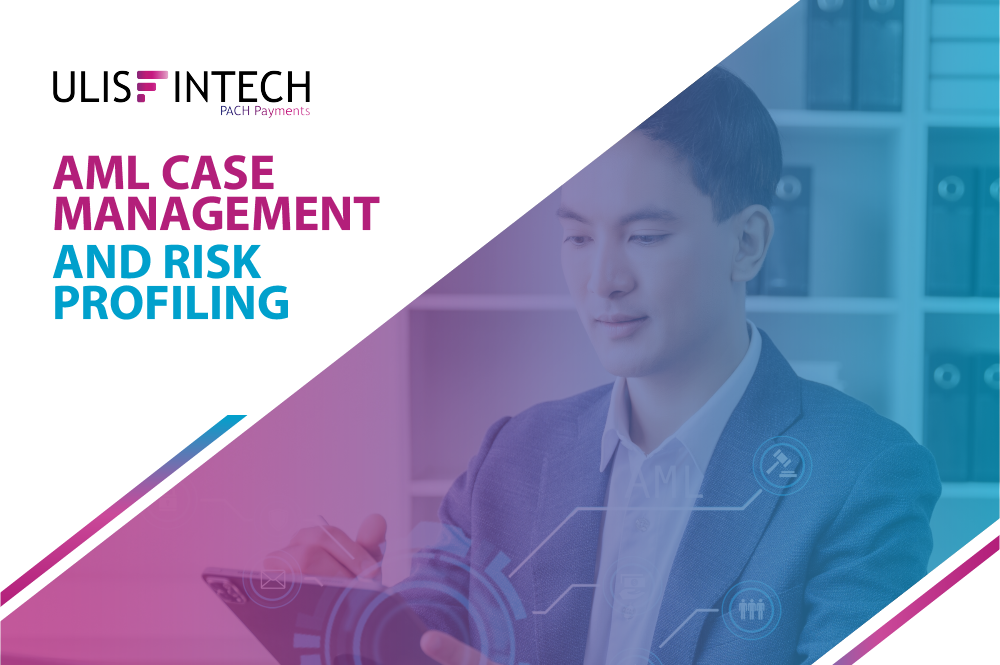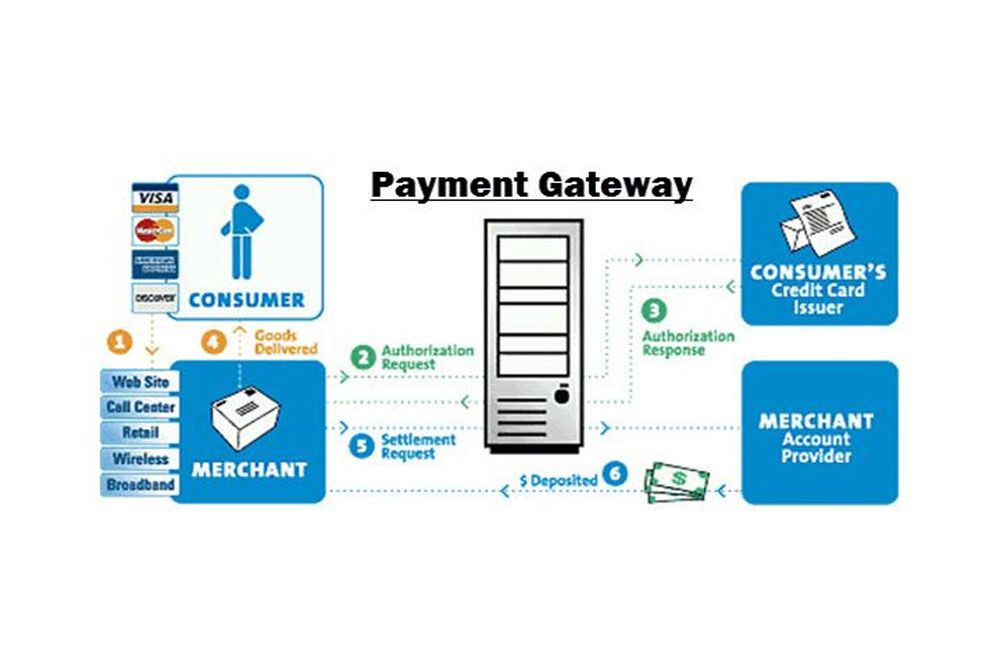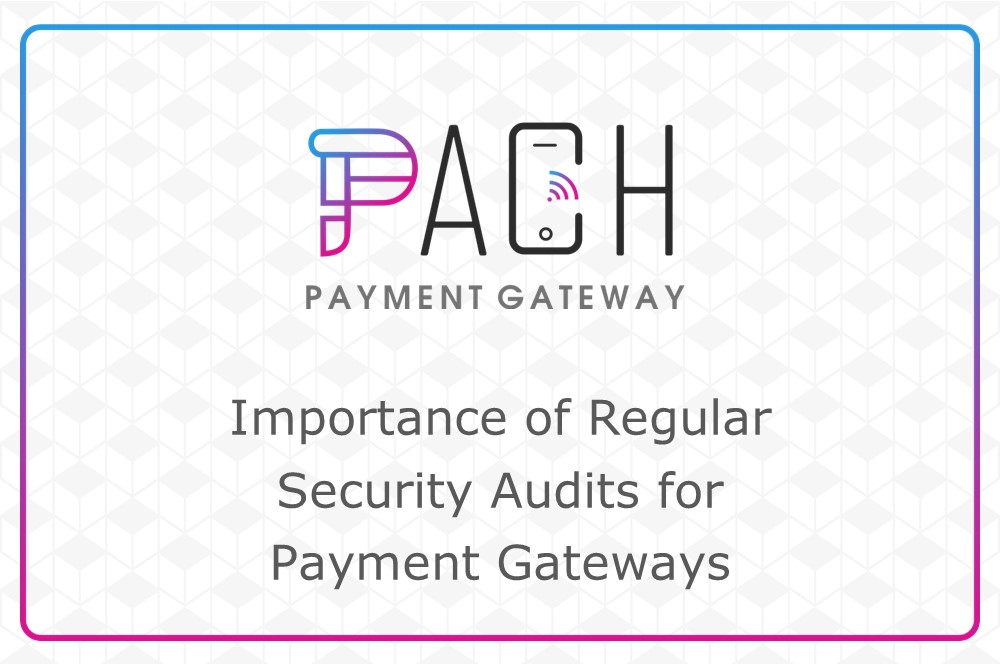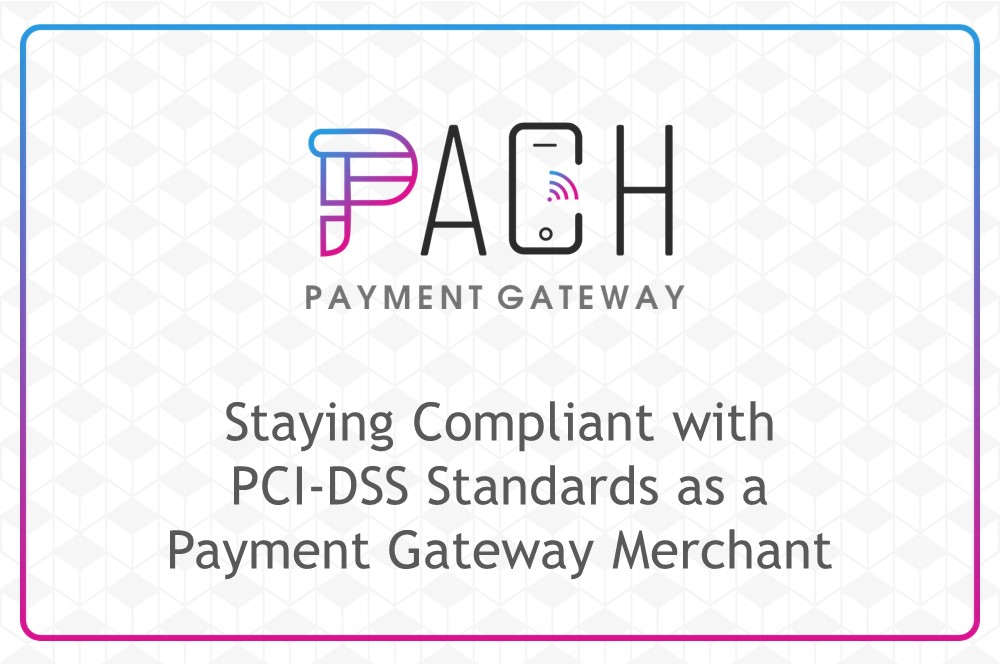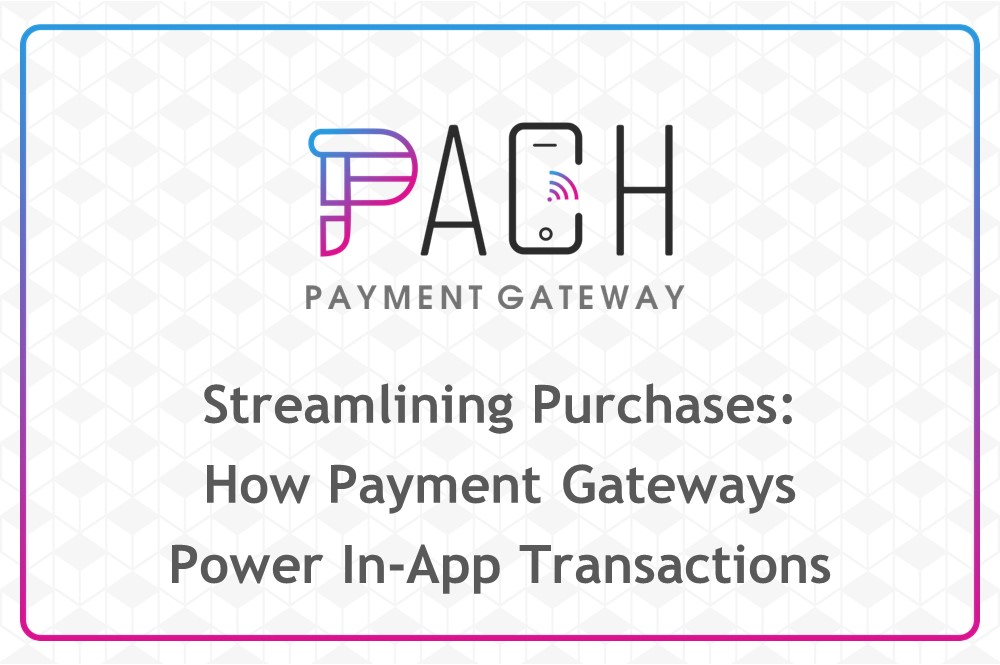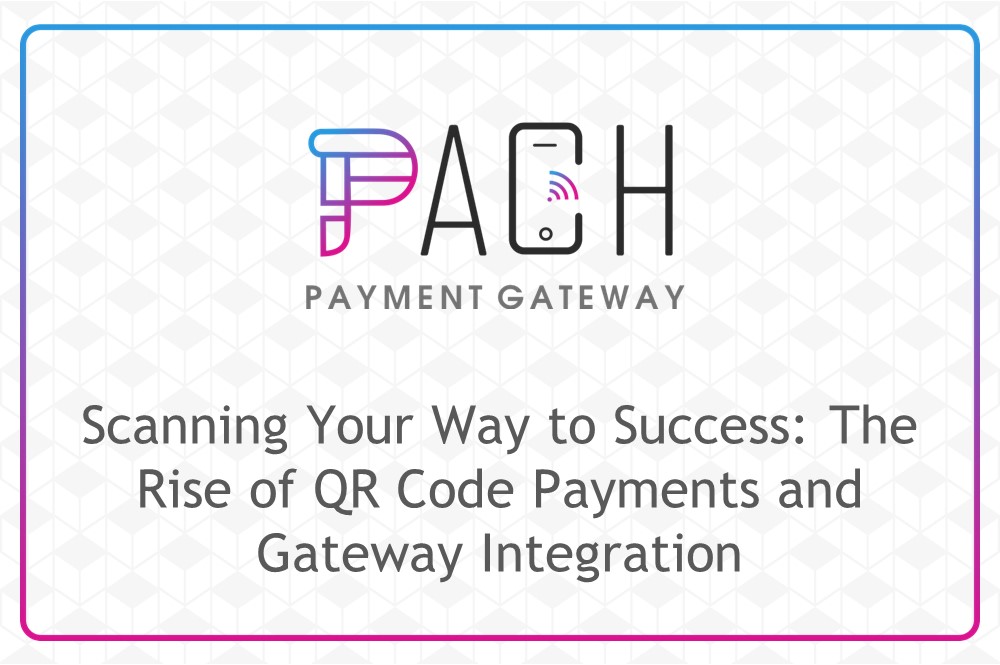Fortifying the E-commerce Frontier: Why PCI Compliance Matters for Payment Gateways
Dec 26, 2024 - 2 MINS READ
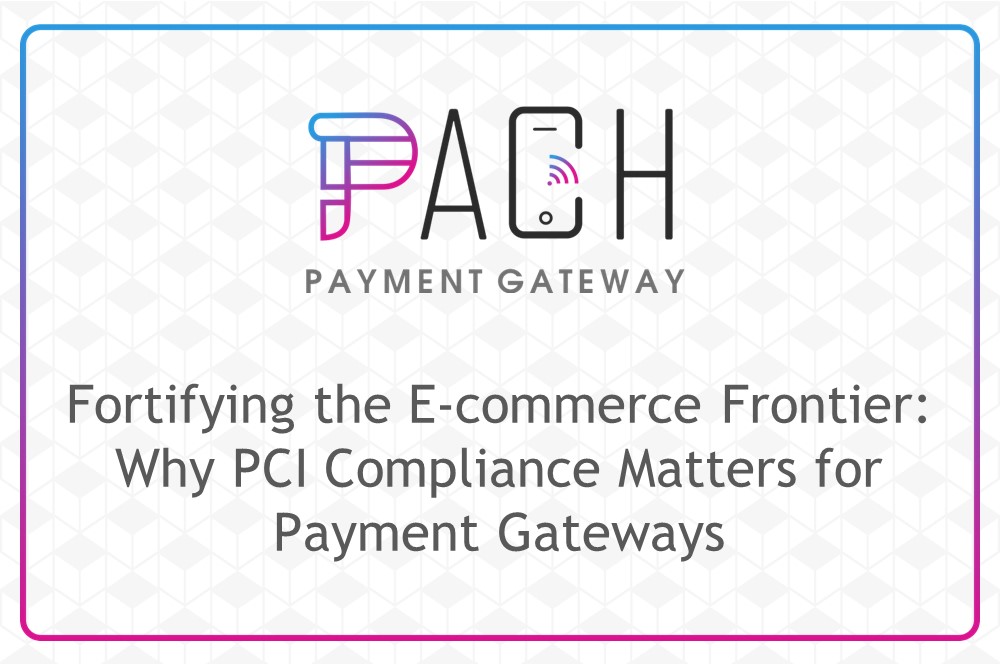
In the dynamic world of e-commerce, trust is paramount. Customers entrust payment gateways with their sensitive financial information, expecting a secure transaction experience. This is where PCI compliance comes into play, acting as a vital shield against data breaches and fostering a secure environment for online payments.
Understanding PCI Compliance:
The Payment Card Industry Data Security Standard (PCI DSS) is a set of comprehensive guidelines established by the PCI Security Standards Council (PCI SSC). These guidelines outline the security measures that organizations handling cardholder data must adhere to. Payment gateways, by the very nature of their function, fall under this umbrella.
The Pillars of PCI Compliance:
PCI DSS is not a monolithic standard; it consists of six core principles that payment gateways must follow:
-
Build and Maintain a Secure Network: This involves robust firewalls, secure configurations, and regular vulnerability management practices.
-
Protect Cardholder Data: Strong encryption methods and restricted access controls safeguard sensitive cardholder information.
-
Maintain a Vulnerability Management Program: Proactive identification and remediation of security vulnerabilities are crucial.
-
Implement Robust Access Control Measures: Multi-factor authentication and user access restrictions prevent unauthorized access.
-
Regularly Monitor and Test Network: Ongoing monitoring and penetration testing detect and address security weaknesses.
-
Maintain an Information Security Policy: A documented information security policy ensures a holistic approach to data security.
The Benefits of PCI Compliance:
-
Enhanced Security: PCI compliance mandates strong security practices, significantly reducing the risk of data breaches and protecting customer information.
-
Building Customer Trust: Customers value security. By being PCI-compliant, payment gateways demonstrate their commitment to data protection, fostering trust and confidence in online transactions.
-
Reduced Operational Costs: A data breach can be devastating, leading to financial penalties, reputational damage, and customer churn. PCI compliance helps prevent these costly occurrences.
-
Maintaining Industry Reputation: Non-compliance with PCI standards can lead to sanctions and even exclusion from processing card payments.
Beyond Compliance: Continuous Improvement:
PCI compliance is not a one-time achievement; it's an ongoing commitment. Payment gateways must continuously invest in robust security measures, stay updated on evolving threats, and adapt their practices accordingly. This proactive approach ensures long-term security and fosters a safe environment for e-commerce transactions.
The Future of PCI Compliance:
The landscape of cyber threats is constantly evolving. We can expect advancements in:
-
Cloud Security: As cloud adoption in payment processing grows, robust cloud security practices will be paramount.
-
Emerging Technologies: Integration of new technologies like biometrics and tokenization will require adjustments to PCI compliance standards.
-
Collaboration: Increased collaboration between payment gateways, merchants, and financial institutions will be crucial for building a more robust security ecosystem.
